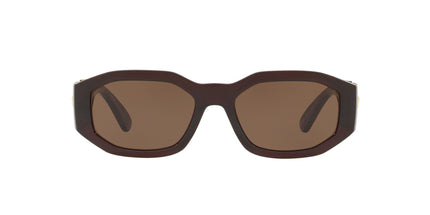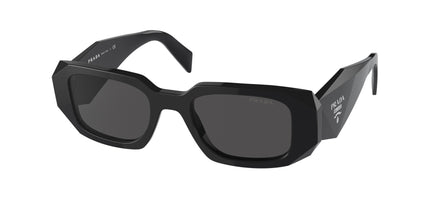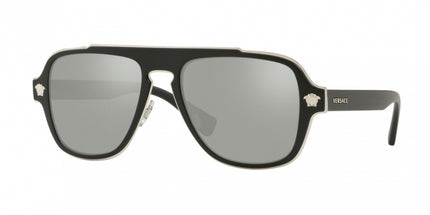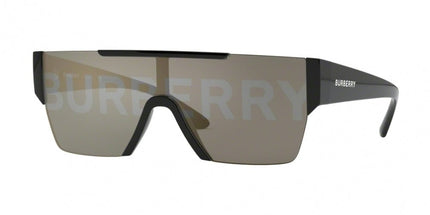When Were Eyeglasses Invented?

Eyeglasses were invented sometime before the 1800s, though most don't realize this fact. Our modern world is packed with technological innovation, from age-old inventions to cutting edge innovations that seamlessly fit into everyday life - one such innovation being eyeglasses which serve to protect us against visual impairments but often go unnoticed by us all. Ever wondered when these humble glasses came into being? Let's embark on an illuminating journey back in time to answer this very question.
Eyeglasses Origins
The origins of eyeglasses remain somewhat murky in history. One factor contributing to this uncertainty is that eyewear was developed over time rather than as the result of one specific event or inventor; nevertheless, most historians place the first wearable pair of glasses being invented somewhere around Pisa or Venice during late 13th century Italy. It is believed by some that credit goes to a man by the name of Salvino D'Armate.
Birth of Magnification
Long before eyeglasses were invented, ancient cultures had ways of improving sight. One such way can be traced back to Ancient Egypt where simple glass or crystal lenses were employed as magnification tools; Roman statesman and philosopher Seneca is said to have used a glass globe of water in his 1st-century AD reading sessions to magnify texts for reading purposes. Turning points were marked by the Middle Ages with the invention of reading stones - primitive versions of magnifying glasses consisting of glass spheres which could magnify texts when placed over them.
Monks, Monocles, and More
Wearable eyeglasses as we know them today were first invented during monks' work at Italian scriptoriums during the 1280s. Tasked with transcribing religious texts they frequently struggled with presbyopia - difficulty reading small print as one gets older - leading them to use two reading stones mounted into frames as an innovative solution that eventually evolved into modern eyewear.
The Evolution of Eyeglasses
By the early 14th century, eyeglasses with handles similar to modern-day lorgnettes started making an appearance. By the 15th century, with printing presses coming into widespread use and a dramatic increase in literacy rates, more eyeglasses became necessary leading to further advances and further innovations being introduced. In the 16th and 17th centuries, eyewear manufacturers developed convex lenses to correct farsightedness, as well as frames with arms to rest on the ears for an improved fit. Benjamin Franklin, an ingenious American polymath, is widely credited with pioneering bifocal glasses during the 18th century. These revolutionary lenses allowed users to correct both near and far vision simultaneously in one lens - an amazing technological advance at that time.
Modern glasses have come a long way over time, becoming lighter, more comfortable, and aesthetically pleasing. Plastic lenses were introduced into glasses around the 1900s which made them both safer and more affordable.
Looking Through the Lens of Today
In modern society, the eyeglasses industry is both flourishing and on the cutting-edge of technological development. Thanks to smart glasses, eyewear has transcended its original purpose of vision correction; now offering features such as augmented reality, data display, and even health monitoring capabilities.
So when were eyeglasses invented? As we have seen, this question is complicated by centuries of development and refinement. Today's eyewear represents human ingenuity: an amalgamation of ancient designs and cutting-edge tech that represents our never-ending pursuit to improve our quality of life. Here's to many more years of seeing through clearer lenses!
Are you in the need of a new pair of glasses? Here at Designer Optics we offer the best in modern eyewear! Shop now from our ever-growing collection featuring over 400 designer brands.















 Back to Blog Page
Back to Blog Page











